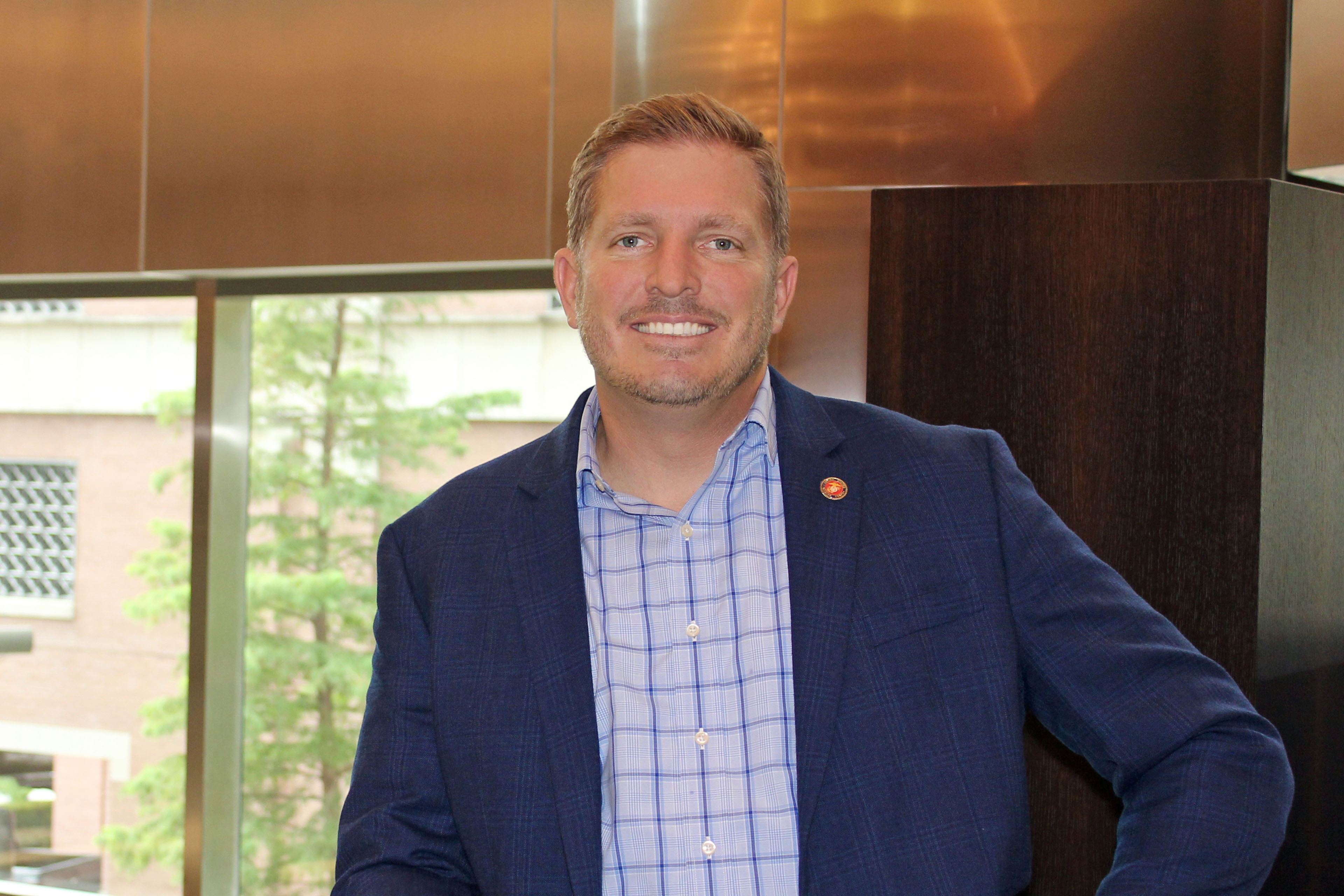EY refers to the global organization, and may refer to one or more, of the member firms of Ernst & Young Global Limited, each of which is a separate legal entity. Ernst & Young Global Limited, a UK company limited by guarantee, does not provide services to clients.
How EY can help
-
Discover energy transition insights, people and services and how our teams can help your business unleash sustainable value by embracing the evolution of energy.
Read more
An innovative multi-billion-dollar private company aims to make a dramatic impact on decarbonization by helping refiners capture regulatory incentives for carbon capture and a lower-carbon product.
With growing concerns about the carbon intensity of energy and energy production, carbon capture and sequestration (CCS) is a critical lever that can strengthen refineries’ market position and support continued production. It is also a technology that will unlock the potential of many manufacturing and energy products as companies proactively embrace decarbonization and the energy transition.
This particular company plans to capture carbon dioxide emitted from energy production and various manufacturing and industrial processes and transport it via pipeline for underground sequestration, where it will be permanently and safely stored. Ultimately, this service will enable refineries to significantly reduce the carbon intensity of their products while qualifying for tax and other incentives that will improve profitability.
“Refining has been (and will continue to be) an important component of our nation’s energy system,” said Derek Przybylo, Climate Change and Sustainability Services Principal, Ernst & Young LLP. “This company’s CCS service can make a significant difference in the carbon intensity of the energy-related product production process and help these refineries maintain their social license to operate in a lower-carbon world. Our role was to help them develop the critical infrastructure and processes they needed to go to market successfully.”
Although CCS technology is particularly viable for this use case, there was a great deal of work to be done behind the scenes before the company’s goals could be achieved.
The primary challenge was developing both functional and technical requirements – including the necessary operational processes – to define a digital infrastructure that could enable the commercialization and financing of its businesses.
Most importantly, it was crucial to be able to produce verifiable and high-fidelity data that enabled the tracking and traceability of carbon molecules across the value chain. As a new company selling a green service, customer trust is a business imperative and data accuracy is critical.
Additionally, the company needed to be able to navigate the complex legal structures that exist at the refinery sites where carbon would be captured and the sequestration facilities where it would be stored. This was a major challenge for optimizing commercial processes and necessitated the development of effective solutions to provide seamless operations and compliance.








